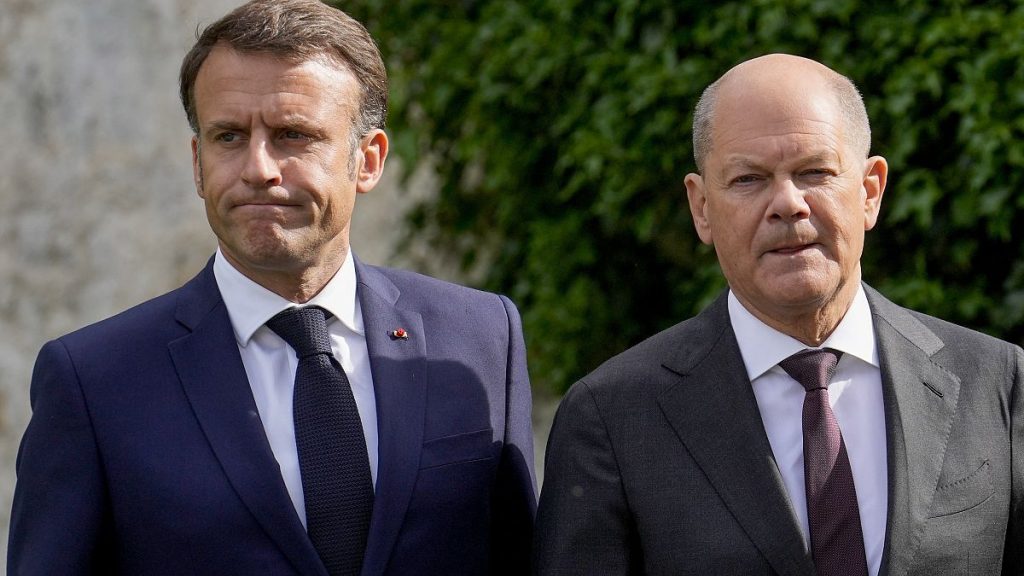As France prepares for snap elections called by President Emanuel Macron, Germans are also bracing for potential impacts on EU politics. The upcoming French elections are expected to swing towards the right, with implications for climate, migration, and gender equality policies at both national and European levels. Political scientist Prof Dr. Miriam Hartlapp warned that if Marine Le Pen’s National Rally party wins, it could result in changes in policymaking in Brussels, with potential consequences for countries like Germany. The dissatisfaction with current governments across Europe has led to a spread of right-wing populism, causing concern among Germans.
The possibility of the far-right National Rally party winning the French elections has raised alarms in Germany, with implications for EU policies like climate, asylum, migration, and gender equality. The impact of France’s political shift to the right could have ripple effects across the European Union, particularly in policymaking at the EU level. German Chancellor Olaf Scholz expressed hope that parties other than Marine Le Pen’s would be successful in the election, highlighting the importance of the French people’s decision. With a potential rise of right-wing populist parties in EU member states, immigration-related cases may be brought to the European Court of Justice, raising concerns about the compatibility of certain policies with EU law.
In response to the shift towards right-wing politics in Europe, individual politicians from Germany’s far-right party Alternative for Germany (AfD) and extreme-right Die Heimat have announced plans to form factions in the state of Brandenburg. This move comes after AfD topped all parties in the ruling coalition government in the EU elections, indicating a surge in support for right-wing ideologies. The rise of these parties in Germany and other European countries reflects a broader trend of dissatisfaction with current governments, leading to a shift towards populist and nationalist politics.
The potential outcomes of the French elections are being closely monitored in Germany, given the implications for EU policies and relationships. The election of Marine Le Pen’s National Rally party could result in changes to European climate policy, asylum and migration policy, and gender equality policy. Germany is closely watching the developments in France, with concerns about the spread of right-wing populism and its impact on EU governance. The rise of far-right parties in Germany, such as AfD and Die Heimat, reflects a larger trend of political dissatisfaction and polarization within the country and across Europe.
As France prepares for the upcoming elections, the possibility of a swing to the right has sparked concerns in Germany about the potential impact on EU politics. The rise of right-wing populist parties in both countries could lead to changes in policymaking at the EU level, with implications for climate, migration, and gender equality policies. German politicians and experts are closely monitoring the situation in France, with an eye towards the broader implications for European governance. The upcoming elections in both countries reflect a broader trend of political polarization and dissatisfaction with current governments, highlighting the need for a careful assessment of the changing political landscape in Europe.


